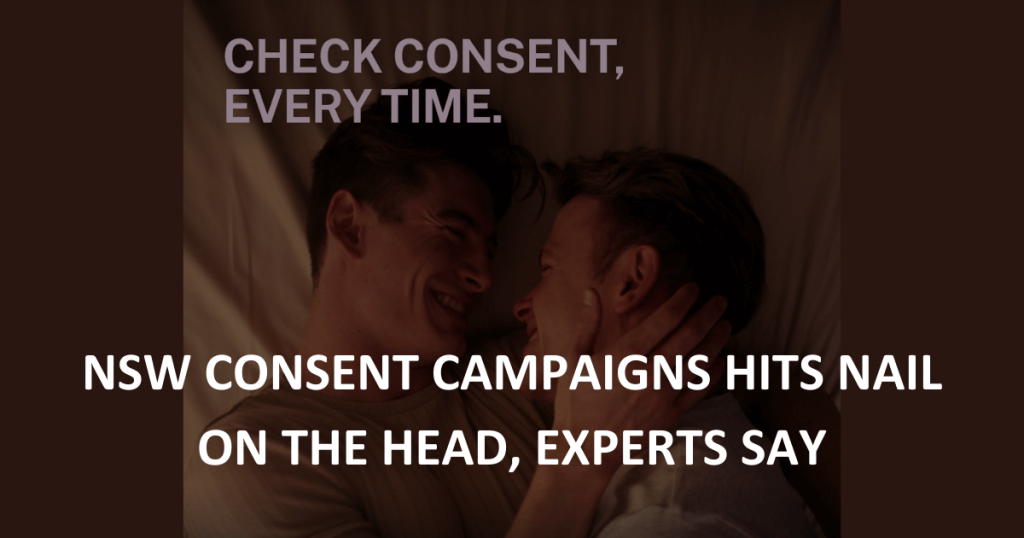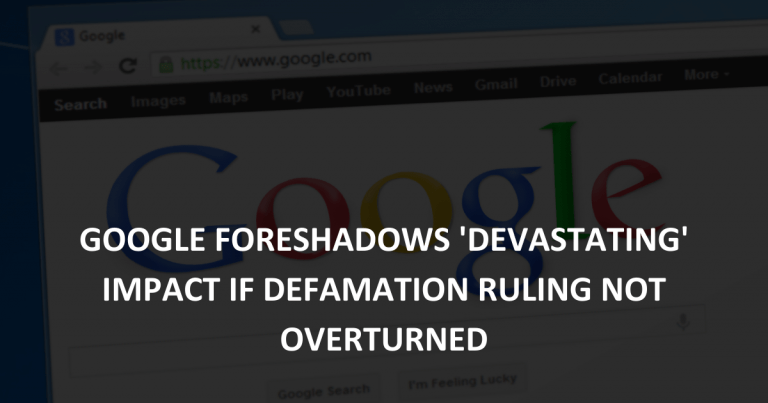The NSW Government rolled out a social media campaign about the new affirmative consent laws which start next week.
The short 15-second videos address drunken meetings, booty-calls and party pashes.
The “Make No Doubt” campaign hopes to equip the target group of 16-24 year-olds with tools to give and ask for consent.
Affirmative consent campaign praised by survivors and advocates
Advocate Saxon Mullins told The Guardian that unlike the federal government milkshake ad, this campaign tackled the issue head on.
“It says exactly what is happening [and] there is no talking around the issue,” she said.
“Talking around the issue feeds into that uncomfortable awkwardness that people sometimes feel trying to initiate these conversations.
“That’s the main difference between that and some other campaigns we’ve seen that have tried to be coy in a space where you cannot be coy.”
“It’s about changing community attitudes” – NSW Attorney-General
The videos launched across social media yesterday – a week before the new laws come into effect.
Four videos will be on all platforms, and another two will only be on Tinder, targeted at people 18 and over.
NSW Attorney General Mark Speakman said the education blitz formed an important part of the reforms passed last November.
“Changing the law is one thing but at the end of the day it is about changing community attitudes,” he said.
“These are commonsense laws. They’re not about some kind of woke lawyer view of the world. They’re about fundamental decency.”
Portrayed affirmative consent examples assist in education
The founder of Teach Us Consent, Chanel Contos said the portrayal of “yes” and “no” were important.
Contos emphasised the need to show examples of how people can check consent.
“It shows the dynamic ways of checking consent through not just words, but body language,” she said.
“It’s great to see affirmative consent and examples of consent in action being portrayed in media.”
Myths tackled head on
The “Make No Doubt” campaign web page answers clear myths related to consent.
Sexual consent is clearly communicated
A person has to say or do something to communicate consent – you can’t assume someone is consenting because they don’t say no.
Sexual consent is ongoing
You always need to check consent, whether it’s the first time you’re hooking up with someone or the hundredth time.
You need to check consent before and during any sexual activity, including kissing, touching and oral sex.
Sexual consent is specific
If someone consents to one thing (like kissing), it doesn’t mean they’ve consented to other things (like touching).
Sexual consent can be withdrawn
Someone can change their mind and withdraw consent at any time. As soon as a person withdraws consent, the sexual activity must stop.






